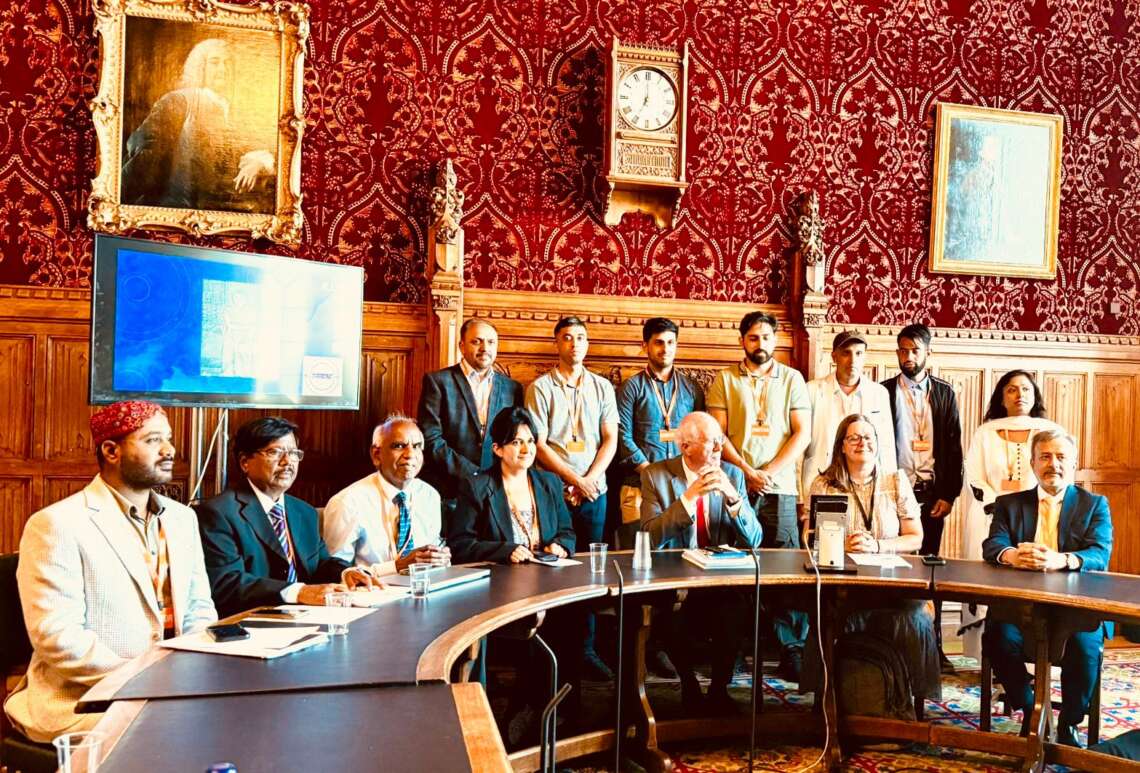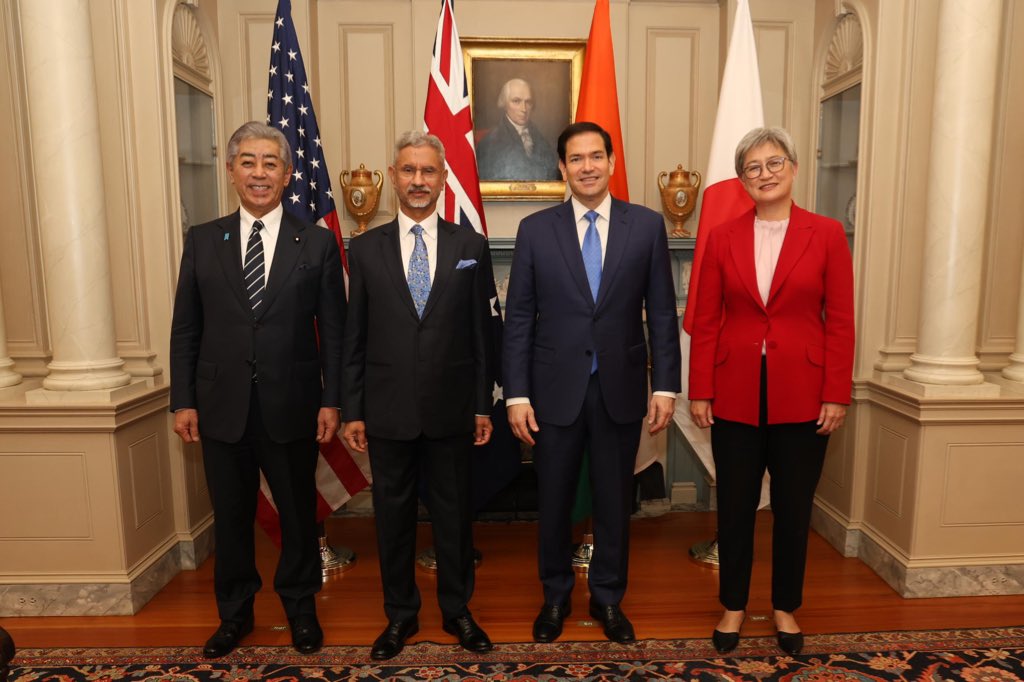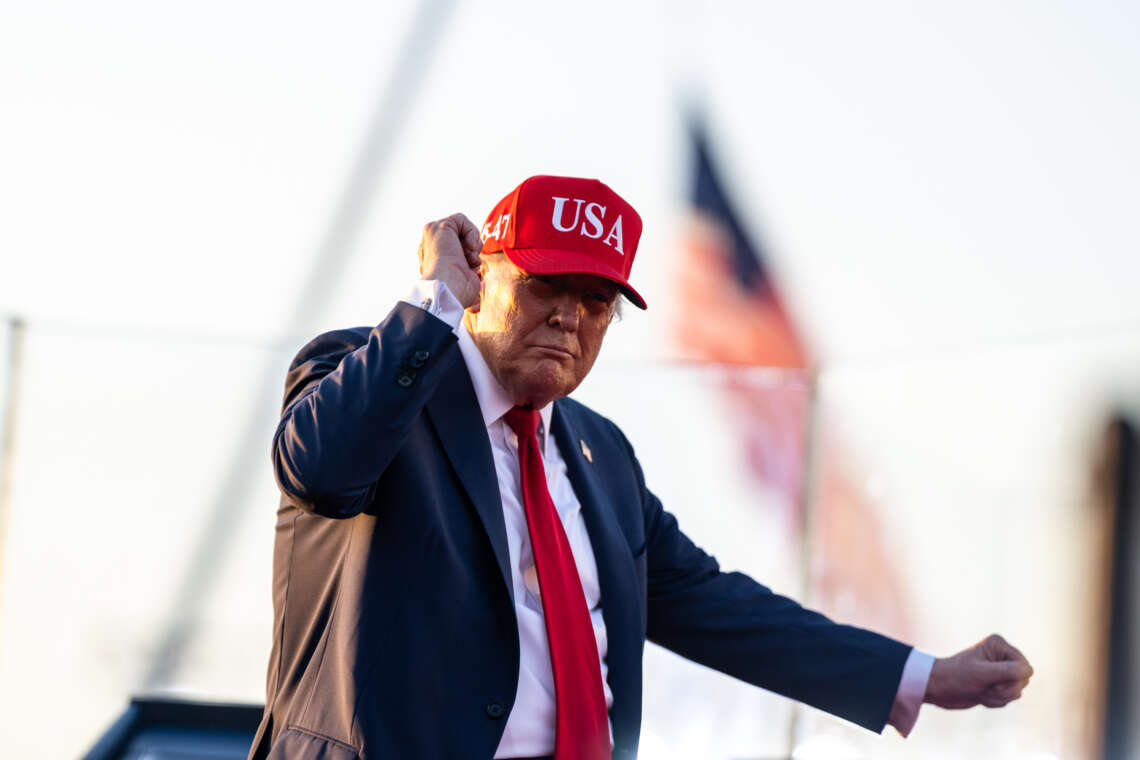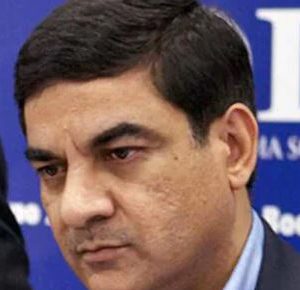Minority communities such as Shias, Christians, Hindus, and Ahmadis continue to face harassment, violence, and intimidation. In many cases, law enforcement either turns a blind eye or enables the attacks through inaction…reports Asian Lite News
A significant session was held in Committee Room 7 of the UK Parliament, organised by the All-Party Parliamentary Group on Freedom of Religion or Belief (APPG FoRB), to address the worsening state of religious persecution in Pakistan.
The meeting presented detailed evidence that such persecution is not merely the work of isolated extremist groups, but rather a systematic campaign backed by the Pakistani state and its military establishment.
Speakers highlighted the alarming rise in forced religious conversions, particularly of minor Hindu and Christian girls in Sindh. Each year, between 500 and 1,000 girls are abducted and forced to convert to Islam. Many of these conversions are facilitated by religious institutions with direct political connections and are carried out under the protection of the state and the Pakistani Army.
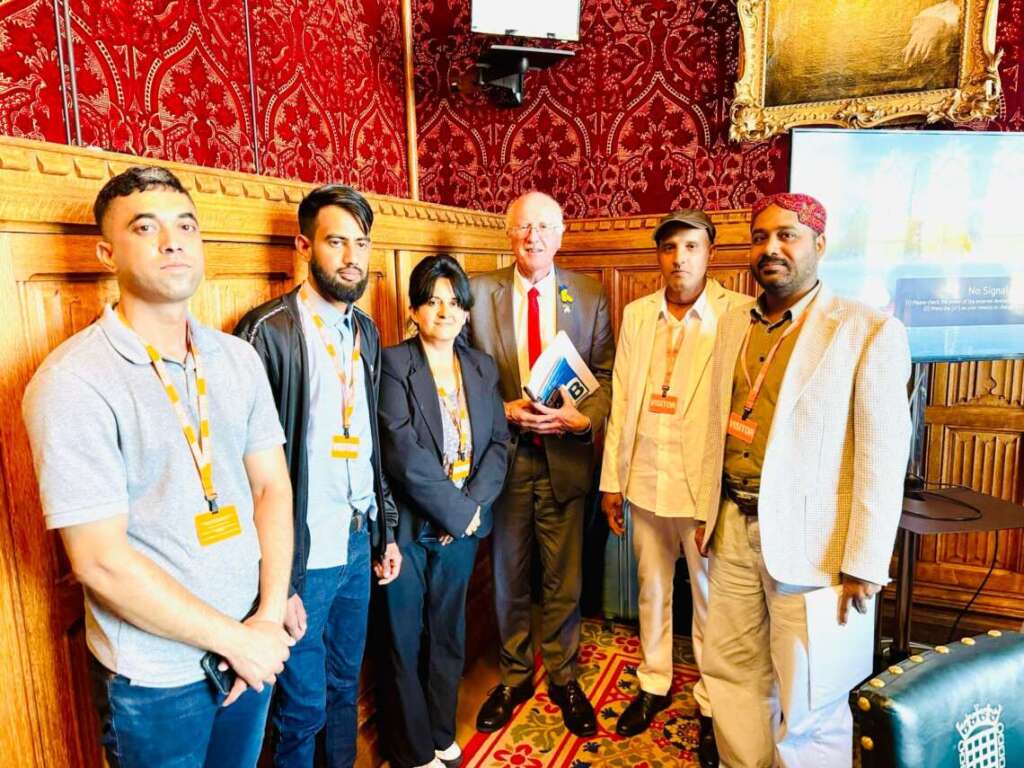
The session also documented the repeated and deliberate attacks on religious sites, especially temples and dharamshalas in Sindh. These attacks, often carried out in a coordinated manner, are rarely investigated or prosecuted, further indicating the complicity of state authorities. Minority communities such as Shias, Christians, Hindus, and Ahmadis continue to face harassment, violence, and intimidation. In many cases, law enforcement either turns a blind eye or enables the attacks through inaction.
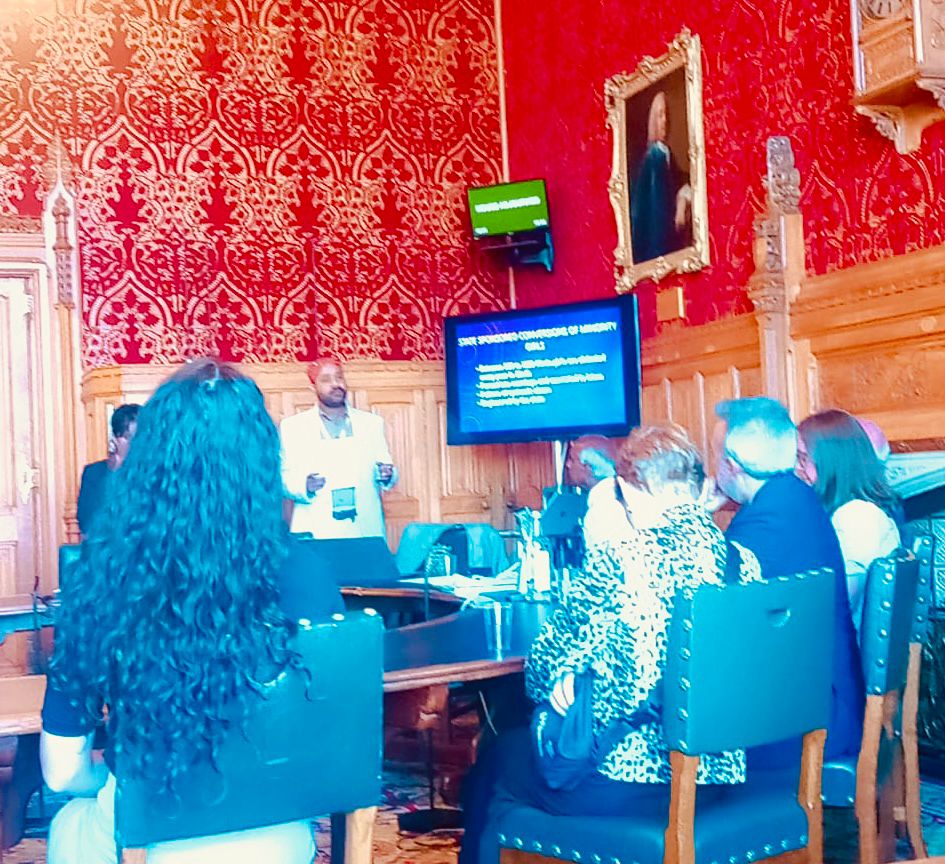
Participants drew attention to the growing exodus of Hindu families from Sindh, driven by fear and insecurity. The 2023 rocket attack on a Hindu temple in Kashmore was cited as a recent example that has deepened concerns in regions like Jacobabad and Shikarpur.
The session was attended by several prominent voices, including MPs Jim Shannon and Fleur Anderson, Julie Jones of APPG FoRB, and community representatives such as Sohail Abro of the Jeay Sindh Freedom Movement, Morris Johns from the Christian community, and Fareed Ahmed of the Ahmadiyya Muslim community. Members of the Jammu & Kashmir Global British League, including Ayub Iqbal, Shoaib Ahmed, Hasam Rafique, and Hamza Aurangzeb, also took part in the discussion and submitted evidence.

The speakers called for international condemnation of these human rights violations and urged the UK government and global institutions to launch independent investigations into forced conversions and attacks on religious minorities. They demanded that sanctions be imposed under the UK’s Magnitsky framework against Pakistani officials involved in these abuses and pressed for Pakistan’s record on religious freedom to be raised at the UN Human Rights Council.
The session ended with a clear and urgent message: the international community must no longer ignore the religious persecution of minorities in Pakistan. The atrocities, backed by powerful state institutions, must be exposed, challenged, and stopped.


